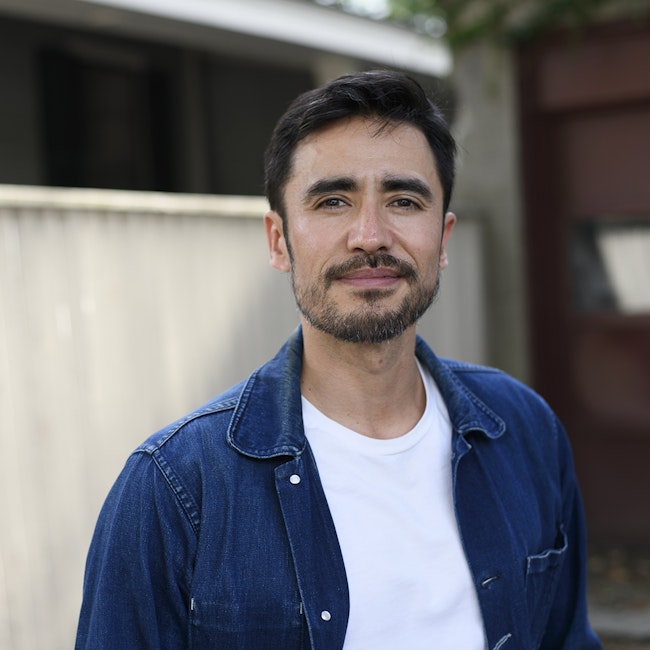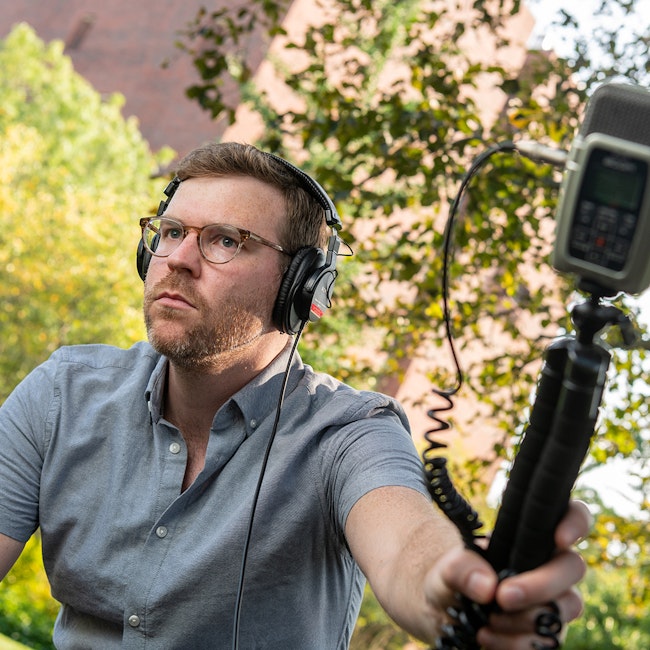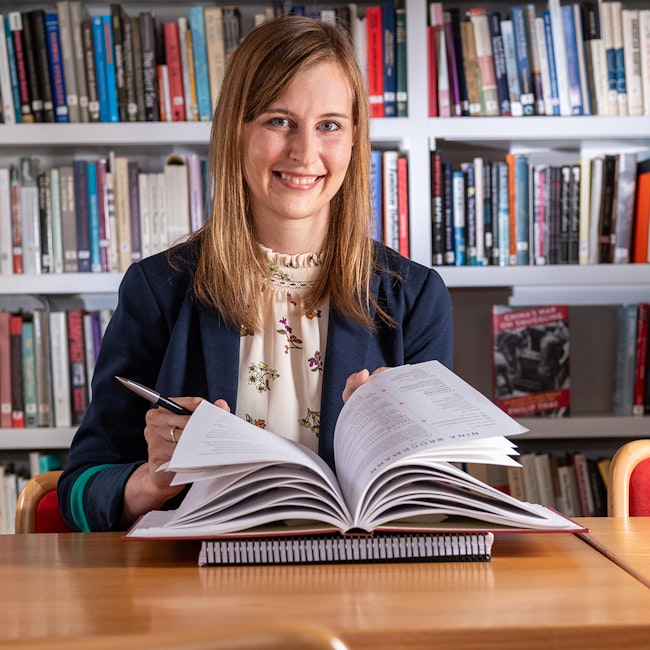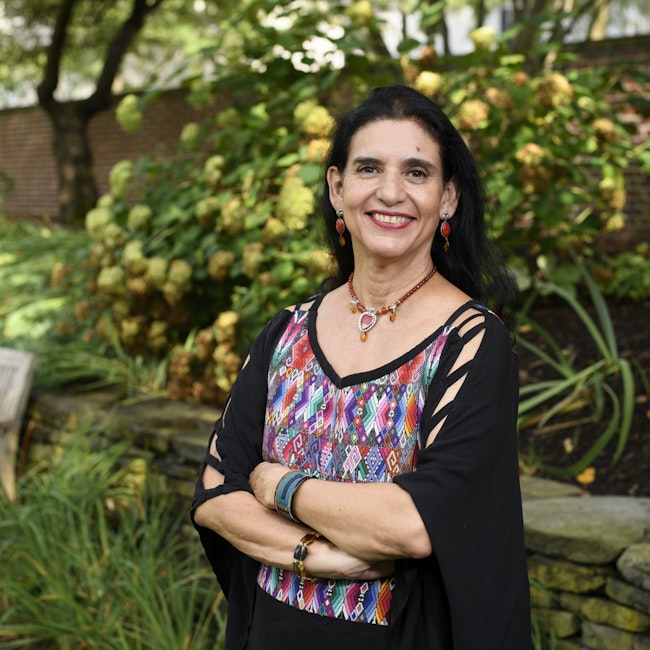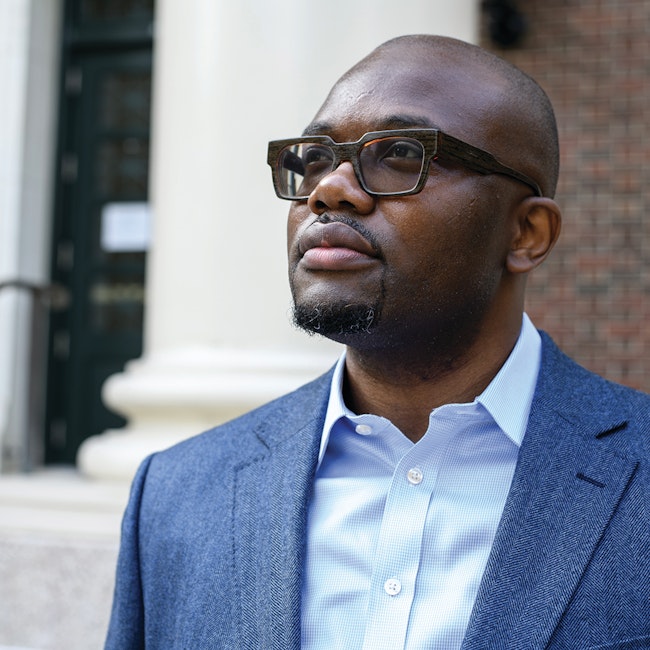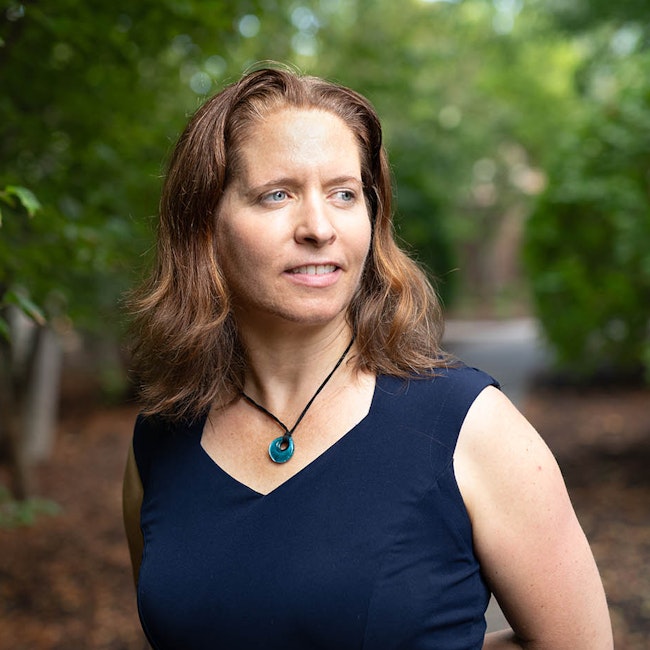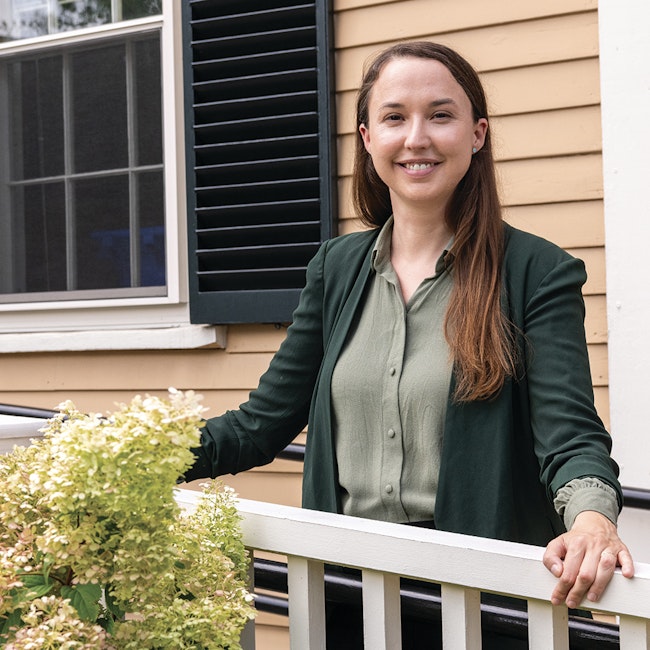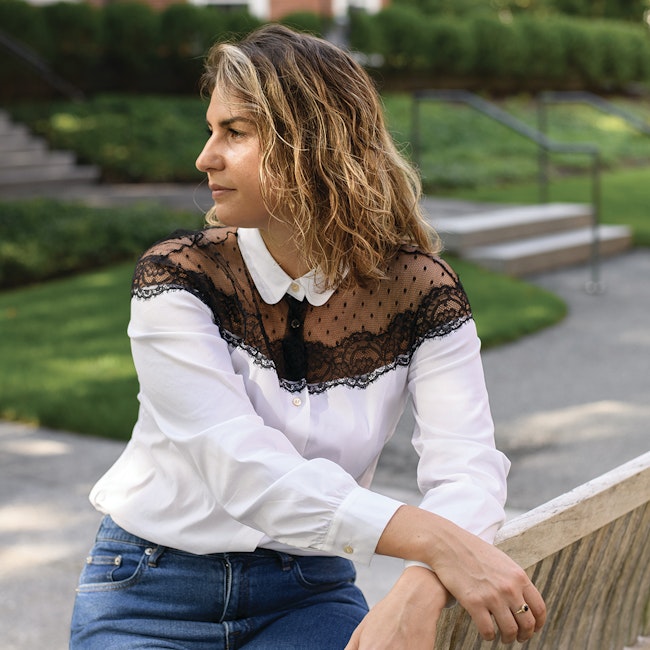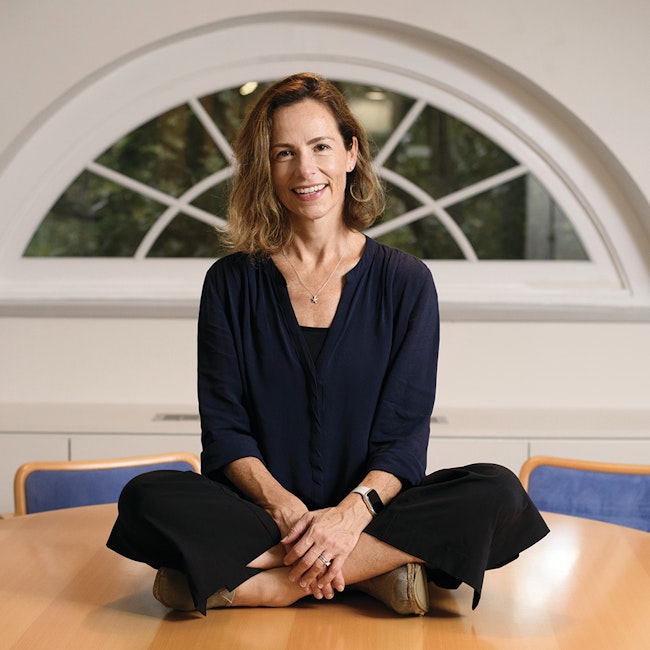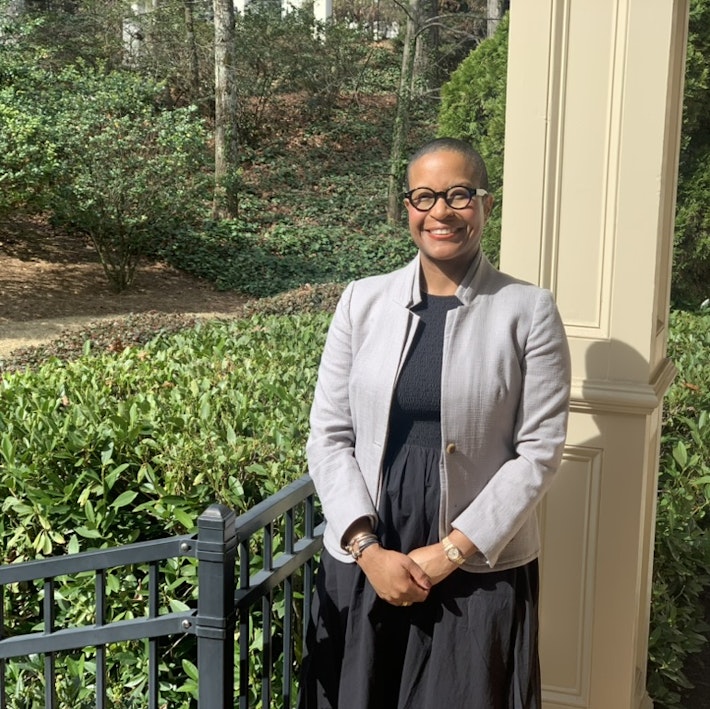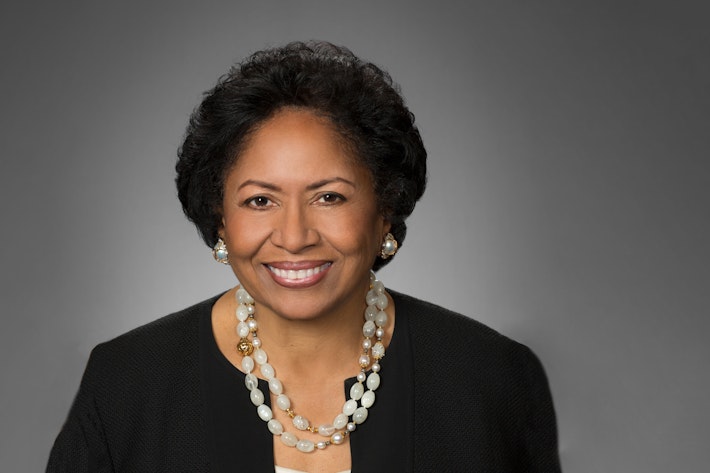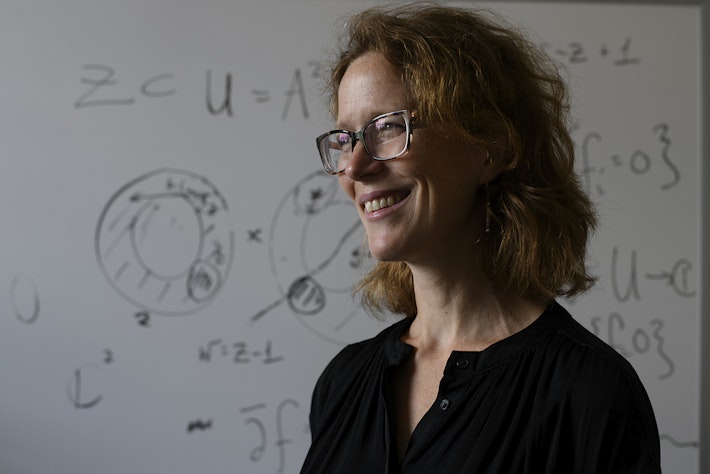Le Baron Russell Briggs
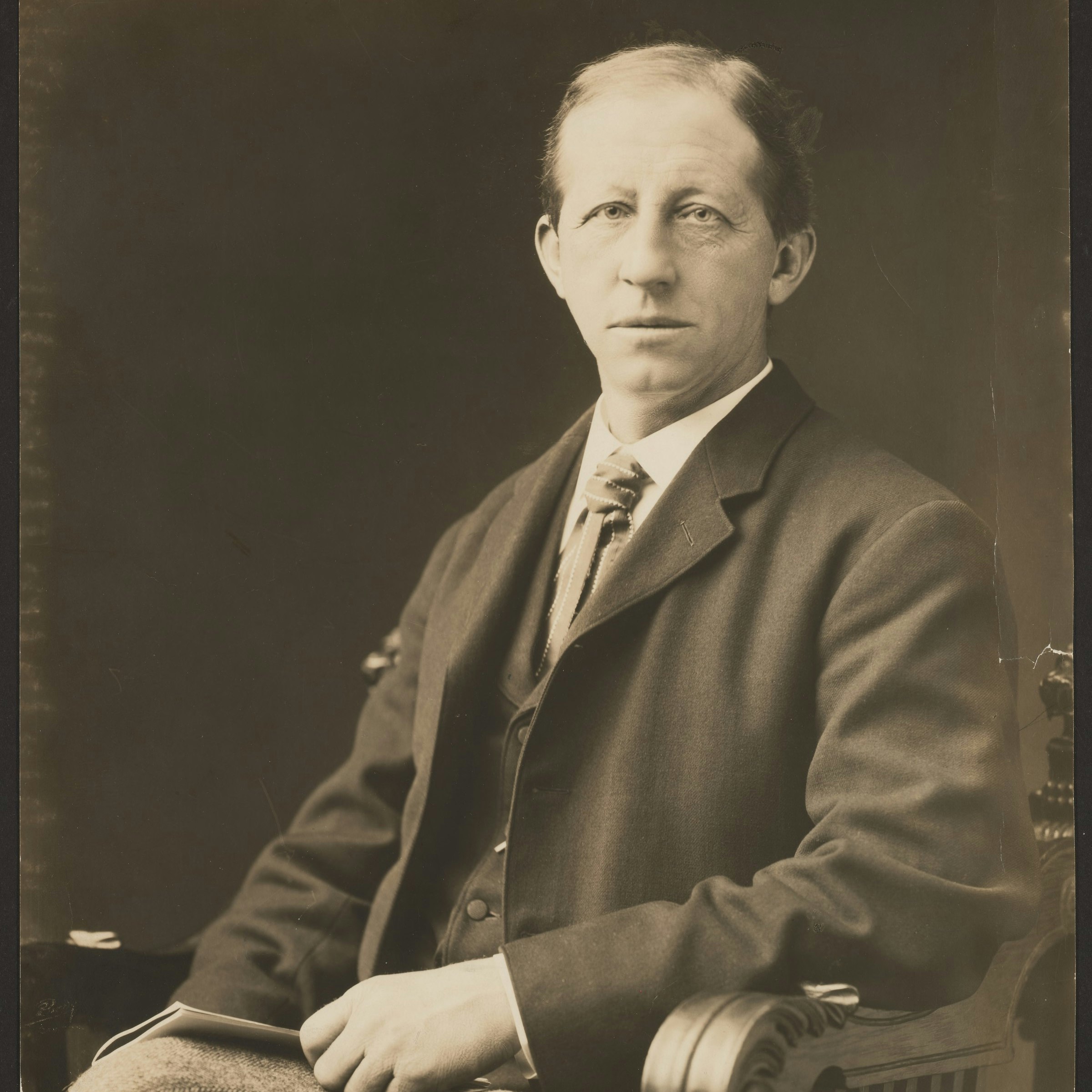
Born in Salem, Massachusetts, Le Baron Russell Briggs grew up in Cambridge and was educated at Harvard, receiving both an AB and an AM. From the very beginning of the Society for the Collegiate Instruction of Women, he agreed to teach young women at Radcliffe. He began his Harvard teaching career as a tutor in Greek and soon became a professor of English, from which he was promoted to the Boylston Professor of Rhetoric and Oratory; eventually he was named dean of Harvard College and dean of the Faculty of Arts and Sciences. While dean of the Faculty of Arts and Sciences, Briggs agreed in 1903 to also serve as the second president of Radcliffe College. For 20 years, he was the part-time president of Radcliffe and the dean of Harvard’s Faculty of Arts and Sciences.
During Briggs’s years as president, most administrative duties were carried out by a succession of six women deans, including the first, Agnes Irwin, who helped to raise funds from her friend Andrew Carnegie for the construction of the Radcliffe College Library, which opened in Radcliffe Yard in 1908 and today houses the Schlesinger Library on the History of Women in America.
Briggs raised Radcliffe’s endowment to $4 million. During his years as president, the College purchased the Greenleaf estate, in 1905, and added five new dormitories to the dormitory quadrangle.
Among Briggs’s other accomplishments were the growth of the student body from fewer than 500 in 1903 to more than 700 in 1923; increased geographical diversity of students (the number of students drawn from outside of Massachusetts rose to 33 percent in 1923 from 19 percent in 1903); and increased ethnic diversity among students.
Before Briggs left office, the Radcliffe administration again asked that Radcliffe become a college for women within Harvard and was again refused. In his final presidential report, Briggs wrote, “I believe that ultimately Radcliffe will become a women’s college in Harvard, but that neither institution is as yet prepared for such a union."
